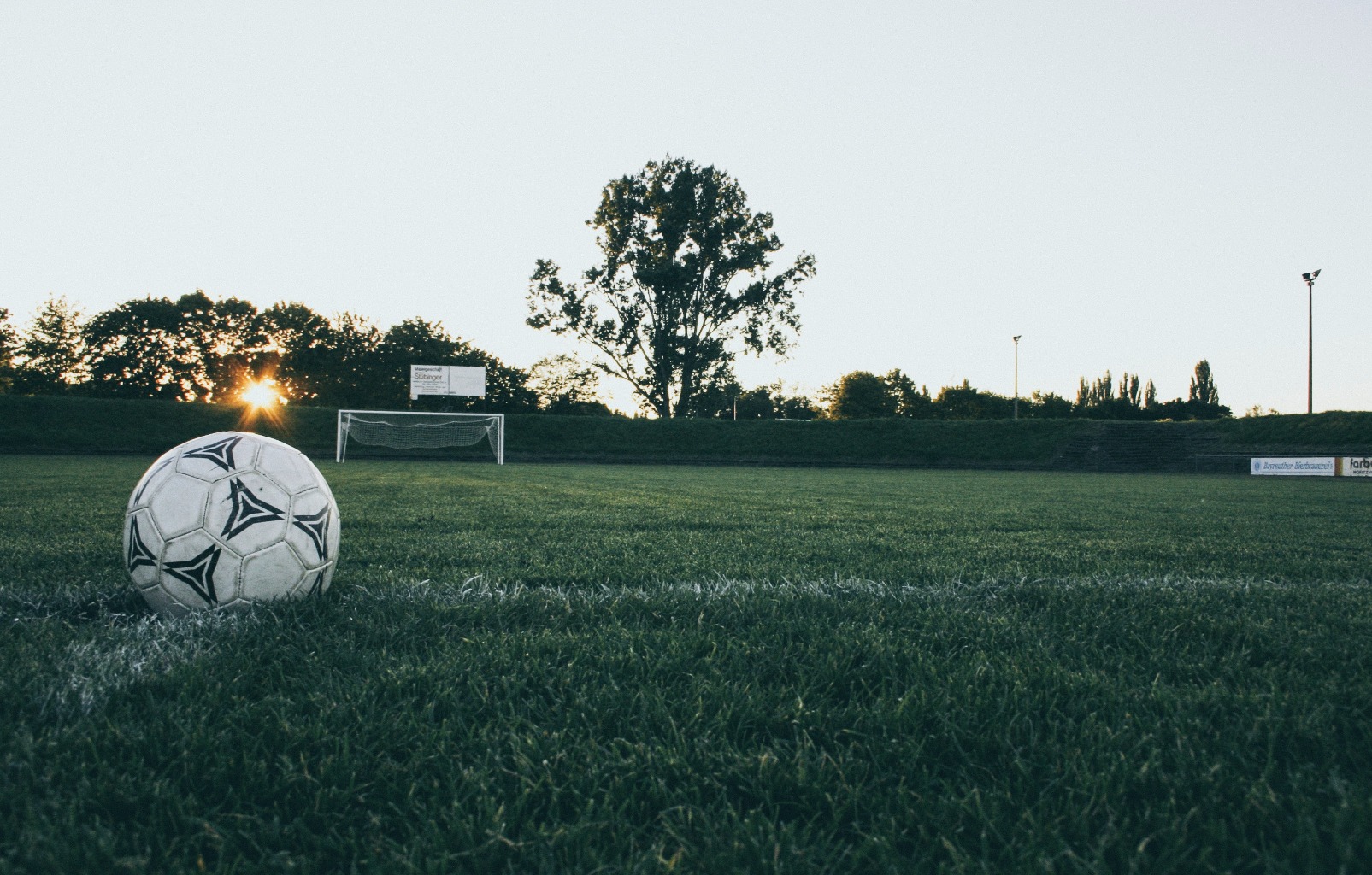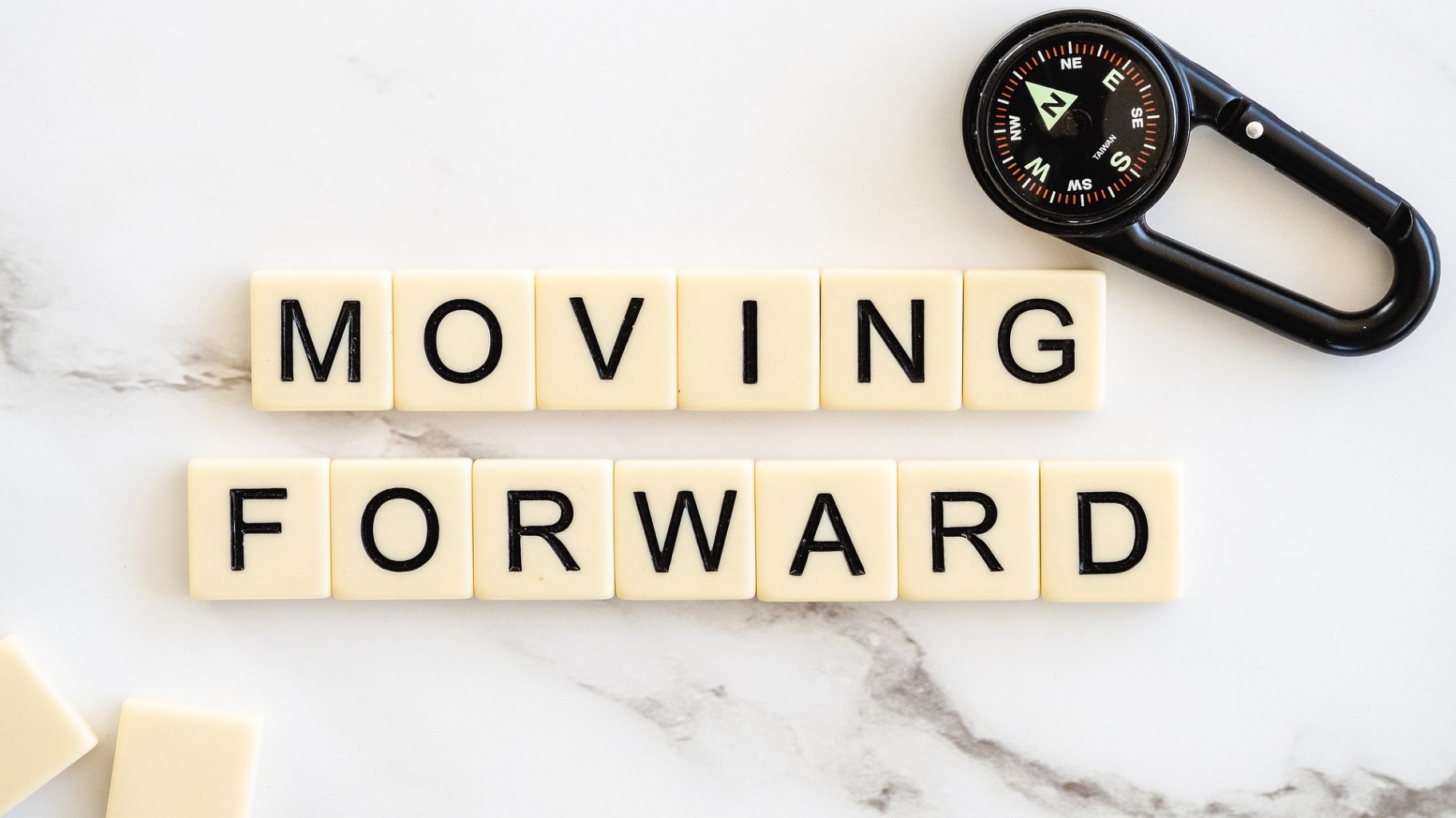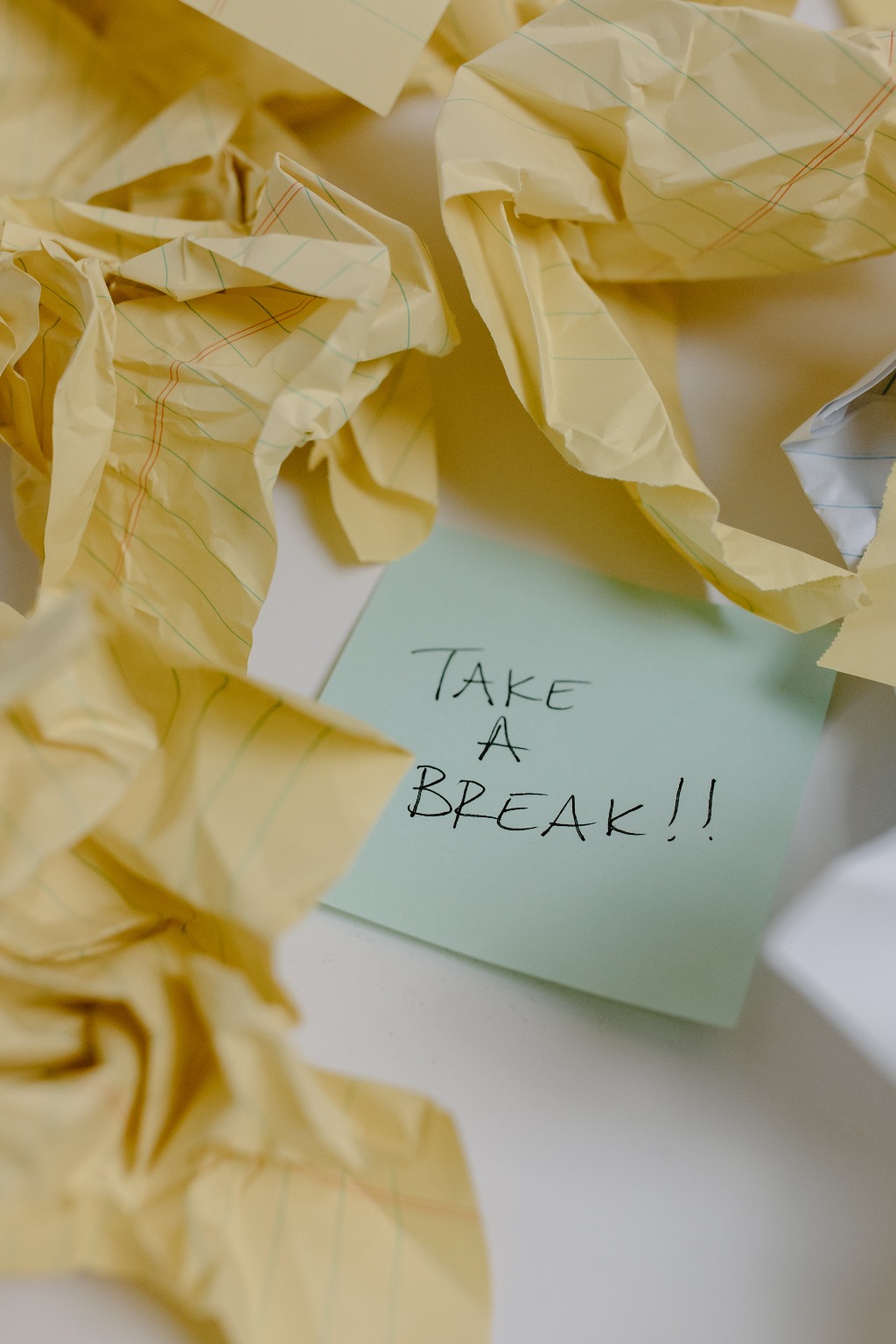
Writing a book is one of the most fun and thrilling experiences you can have. There’s nothing quite like when you’re able to sink deep into a book to the point where you hardly even feel like you’re the one making everything up. Instead, you’re a spectator frantically jotting notes as you watch the story unfold in front of you.
But while writing a book is full of those high-flying moments, it can also be a grind. As you stare at a blank page and barely manage to churn out a few sentences, the finish line is going to seem further and further away. Going at this sluggish rate, you’ll wonder if you’ll even finish that first draft.
I have been where you are now, many times. I have completed two self-published novels, as well as four novel drafts and two novella drafts. I have also ghostwritten two young adult books and five historical fiction novellas. And with every one of these projects, I got burnt out at some point and thought I would never finish. But I soldiered on and managed to reach the finish line.
Here are some tips to help you soldier your way through your own rough draft.

1) Set a Daily Goal
When you sit down to write, it’s good to have a goal in mind. Whether it’s a certain number of pages or words, it can be very helpful to have some sort of a minimum you’re trying to reach. Make sure to go easy on yourself! If you generally only crank out five hundred words per writing session, don’t make your goal three thousand.
When I’m working on a novel, I usually set my goal at one thousand words. On a good day I can crank out a thousand words in about an hour, so it’s a realistic goal. When I pass the goal, I am able to give myself a high five and feel okay about stopping work for the day if I’m so inclined.
There are plenty of days where I don’t reach my goal. Sometimes all I have to add to my work in progress is a few measly sentences before I feel burnt out and want to just watch some TV. And that’s totally fine! Just because you set a goal doesn’t mean you have to hit it every time—it’s just a suggested target to help give you a sense of routine and accomplishment.

2) Write Through the Suck
As you read through the words you’re writing on the page, you may be seized by a haunting thought—“This sucks”. You’ll feel crippled by self-doubt and start to wonder why you ever thought you were good enough to write a book in the first place.
Know that you’re not alone. Every writer in the history of writers has looked with disdain at their rough drafts and thought that their writing was terrible. There are several blog posts out there all about the fact that rough drafts tend to be horrible. It’s called a “rough” draft for a reason. You’re likely still figuring out your story as you write, so it’s not surprising if your characters are underdeveloped and your plot is full of holes.
Try not to worry if your first draft sucks—practically all of them do. There might be a few writers who hit it out of the park on their first try, but they are the exception, not the rule. You need to just keep moving forward, which we’ll discuss more in the next section.

3) Don’t Look Back
As you write your first draft, it can be extremely tempting to go back and edit what you’ve already written. To some extent, this can be a good instinct. I personally read over the previous chapter of my WIP before starting a new one to get myself into the groove, and if it’s early in a project, I may end up reading over everything I have so far. Sometimes as you read through, you might end up realizing you need to make some kind of big narrative shift in your story. And it’s good to catch things like that early on so you don’t end up writing a ton of pages you’ll have to scrap.
But generally—especially if you’re a bit of a perfectionist—I would recommend refraining from editing as you write your first draft. If you spend too much time reading over what you’ve already written, you may get so lost in editing that you stop moving forward with your draft. As said in the previous section, rough drafts tend to be bad, so there’s not a lot of point in fine-tuning what’s likely going to end up changing in future revisions anyway.
Figuring out how much to edit as you write is a bit of a balancing act. There’s nothing wrong with reading things over every now and then as you write—it may save you time spent proofreading and rewriting later down the line. But don’t try to fix every imperfection you see, or you may never end up crossing that finish line.

4) Work on Other Projects
You probably feel like you should be laser-focused on your rough draft, and that any other projects will distract you from making progress. This thought isn’t without merit—I know several writers who are constantly starting new projects only to abandon them a few weeks in. But I’ve discussed before how beneficial it can be to juggle a few different projects at a time.
Currently, I’m working on two new projects, editing a completed draft, and tinkering with a few ideas where I haven’t written any actual pages yet. When I get burnt out working on either of my brand new stories, it can be comforting to do some editing work on a story that’s already completed. And when I get tired of that, I can unleash my creativity on projects that are still in the fun stage of conceptualization.
Having a few different projects going at once can help to take the pressure off and avoid burnout. Working on stories at different stages uses different parts of your creativity and can be a great way to give yourself a break without stopping writing completely. It can also be a good idea to actually stop writing completely for a bit, which we’ll discuss in the next section.

5) Give Yourself a Break
While I adore Stephen King and his wonderful book On Writing, I disagree with the maxim that writers should write every single day. The pressure to write a whopping ten pages each day like Mr. King does is just too much for me. And I just don’t believe that writers will lose momentum if they give themselves a break every now and then.
Burnout is a real hurdle that writers face. If you are starting to feel overwhelmed by your story, the best thing you can do yourself is take a step back for at least a few days, or maybe even a few weeks or months. Give your brain some time to recharge before moving forward.
In his book, Creativity: A Short and Cheerful Guide, John Cleese points out that when he was having problems with writing sketches, his mind would often work out the problems while he was doing other things. So if you give yourself a break, you may find that your unconscious has been busy solving issues with your story all along. The time away will also give you a chance to see your draft with fresh eyes.
I hope these tips will help you to soldier through that rough draft with a sense of purpose and less stress along the way. Remember that rough drafts are almost never any good and just keep going. Before too long, you’ll have a foundation that through revision you can polish into a truly beautiful story.
Follow us on Facebook | Instagram | Twitter | Discord